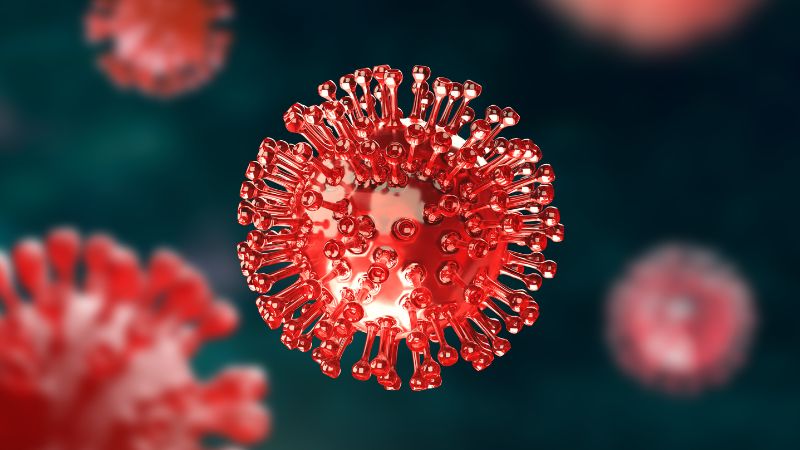New research from the University of Massachusetts Amherst has highlighted that ending new cases of HIV will only be possible when a range of other social factors are addressed.
Their study, published in Health Care Management Science, found that addressing issues that are barriers to effective treatment and care would have a positive effect on reaching the goal of no new transmissions of the virus. Issues such as depression, homelessness, poverty, health insurance, employment and access to education all stand in the way of the goal being achieved.
If such barriers were removed scientists estimate that it would reduce the USA’s national incidence of new cases by 29% over 10 years. They reached their conclusion through a use of a mathematical model that integrated machine learning, probability theory and simulation, creating a tool that can used to assist decision makers in coming to better choices for policy and action.

In the past there has been focused research on specific behaviours of individuals living with HIV, and those at most risk of contracting the virus, but this research looks at factors that are often outside of an individual sphere of influence.
With the advancements in medication that allow people who have contracted the virus to achieve an undetectable viral load, and PrEP treatments allowing those who do not have the virus a high level of protection, a world where no new cases of HIV occur is technically possible and for many western countries, in reach.
HIV strikes me as something that we should be able to eliminate, but it’s really the social vulnerability that is driving the epidemic,” said Chaitra Gopalappa, Associate Professor of mechanical and industrial engineering at UMass Amherst and corresponding author on the paper.
For instance, in the USA 44% of people with HIV have some kind of disability and 43% have a household income at or below the poverty line.
“Just having behavioral interventions is not going to be sufficient, so what are those additional interventions that are needed?” Gopalappa said. “What our work did was to develop a model that helps us determine what the joint social burden is and how is that related to behavioral mechanisms that increase the risk of HIV?”
The model used by Gopalappa and her fellow researchers doctoral candidate Amir Khosheghbal and Manning College of Information and Computer Science Professor Peter Haas, would also work for a wide range of other medical challenges faced by health workers and governments.
“Diseases don’t occur in silos,” she said. “What we’re seeing is that the same social determinants are associated with other diseases from HIV and STIs to mental health, cardiovascular disease and diabetes to maternal morbidity and mortality.
“The decision-making process for each of these diseases occurs by different entities, but it is in the same people. So, how do we integrate all of these interventions for decision analysis? This is one part of a long-term goal to develop a tool that helps resource allocation strategies.”





